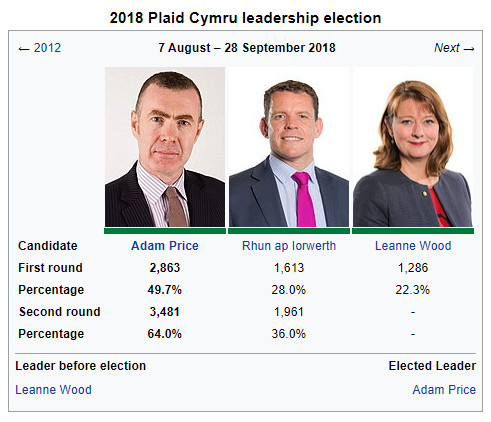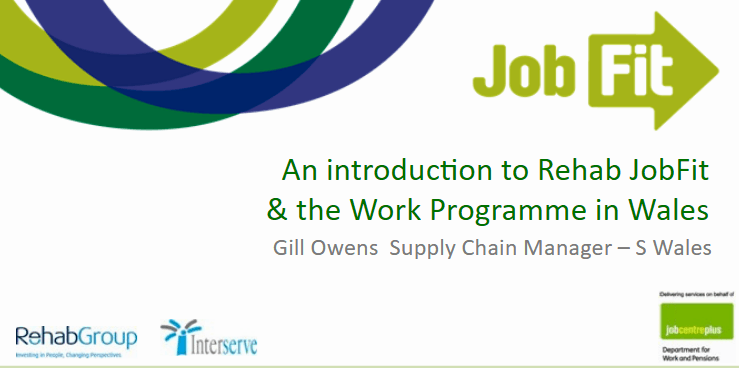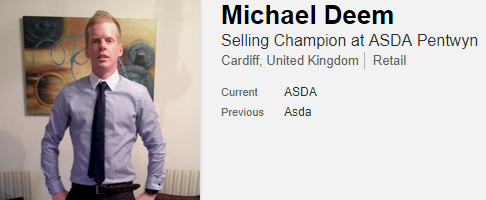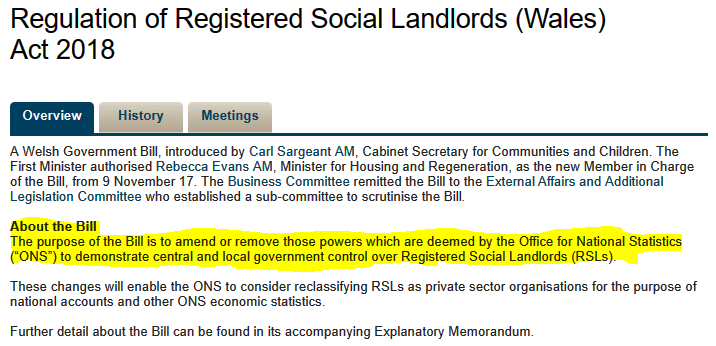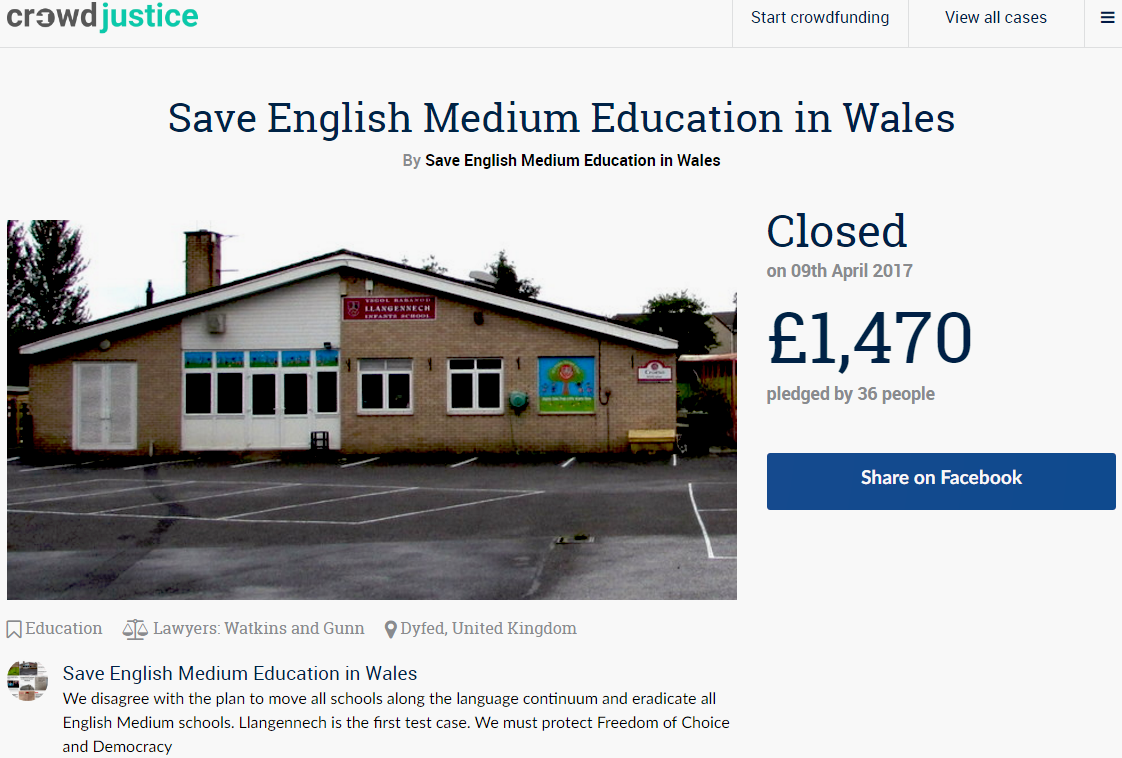I’M IN SEMI-RETIREMENT AND THIS BLOG IS WINDING DOWN. I INTEND CALLING IT A DAY SOON AFTER THIS YEAR’S SENEDD ELECTIONS. POSTINGS WILL NOW BE LESS FREQUENT AND I WILL NOT UNDERTAKE ANY MAJOR NEW INVESTIGATIONS. DIOLCH YN FAWR.
♦
![]() This is the first of my promised reviews of next month’s elections. This initial foray into a crowded field is longer than intended, so take your time.
This is the first of my promised reviews of next month’s elections. This initial foray into a crowded field is longer than intended, so take your time.
I’ve concentrated on those parties with a chance of winning seats, so apologies to the Communist Party of Britain, Captain Beany, the Freedom Alliance, the Socialist Party of Great Britain, the Trade Union and Socialist Coalition, the Welsh Christian Party, the Workers Party, and any others I may have missed.
A more specific and detailed approach may follow in subsequent pieces . . . unless I lose interest entirely.
The risk of simply switching off is real, partly because we lack inspiring politicians and partly because the liars and the bullshitters are already at work and – unchallenged by our wonderful media – spewing forth all manner of nonsense.
Not content with being conduits for misinformation certain elements of the media themselves contribute to the confusion by pretending that only ‘establishment’ parties are standing. Or maybe they believe that only establishment parties should be heard.
♦
WHO’S STANDING?
This time round there are more candidates representing a wider range of political perspectives than in any previous Assembly / Senedd elections. From the genuinely nationalist Gwlad to the extremes of the BritNat fringe.
While many are trying to paint these elections as being about Covid, the truth is that the big question lurking in the shadows is whether Wales should become independent or cease to exist in any meaningful form.
As for what we have now, there are few ready to speak up for it. In fact, I’m amazed that anyone has the chutzpah to defend devolution on the record of the past 22 years.
◊
LABOUR
Which might explain why the Labour Party is asking for another 5 years to do the things it’s failed to do over the past two decades and more. An example would be introducing a register of lobbyists.
On BBC Radio 4 last week, Vaughan Gething, the ‘Welsh Government’s health minister, told listeners that his party was “entirely open” to introducing such a register. Yet they could have done so in January 2018. And even earlier in 2013.
The truth is that, in Wales, the term ‘lobbyist’ is interchangeable with ‘third sector’. And the third sector is ‘Welsh’ Labour’s private army, soaking up hundreds of millions of pounds of public money in providing sinecures for Labour cronies, in return for which the third sector will support Labour in any way it can, including attacking Labour’s opponents.

Perhaps the major problem for Labour is that it’s beginning to look clapped out, devoid of fresh ideas, and relying more than ever on voters’ blind, family loyalty – and not being, ‘them wicked Tories’.
Which no longer works, as we saw in the December 2019 UK general election, when Welsh Labour seats fell to, ‘them wicked Tories’. More may go the same way next month. Certainly, there’s not a hope in Hell of Labour getting near the 30 seats needed to form an administration.
That said, there is a widespread perception that Labour is faring less badly here in the popularity stakes than in England. (In Scotland, of course, Labour is now neck-and-neck with the Monster Raving Loony Party.)
Why this might be so mystifies me. Could it be the magnetic personality of Mark Drakeford? Or maybe the abundance of talent we see lined up behind him? Or could it be that the other ‘major’ parties are so unappealing that by comparison any bunch of muppets might look half competent?
(Please don’t think that I’m trying to insult muppets by comparing them to ‘Welsh’ Labour politicians!)
Some argue that Drakeford has handled the pandemic and its restrictions better than Boris Johnson. I don’t buy that. Labour in Wales clearly panicked when restrictions on pubs, gyms and other establishments were lifted in England, and this explains why they brought forward the lifting of restrictions in Wales . . . which now take effect before the elections on May 6 rather than after.
Of course, there may be another explanation for the timing. If so, then it escapes me. I’m open to suggestions.
What’s not in doubt is that Labour will need all the help it can get. Poll findings published last Friday by YouGov put Labour on just 29%, with the Conservatives romping ahead on 43%. These are of course UK figures, but even so, Labour is also in trouble in Wales.
The only question is how far short of the target 30 seats Labour will fall.
◊
PLAID CYMRU
I’m turning to Plaid Cymru now not because it’s the second largest party in Wales (it’s not, by a long way) but because to have any hope of staying in control Labour will probably need to go into coalition with Plaid Cymru.
And the terms of this coalition have been discussed for months. So it makes sense to lump Plaid Cymru in with Labour. So remember, folks . . .
A vote for Plaid Cymru will be a vote for Labour.
Yes, Plaid Cymru talks of winning the election, and of becoming the largest party, but the kindest way of describing such suggestions is wishful thinking.
Because for many years Plaid Cymru has been drifting ever further left. This course to political irrelevance might appear to have changed with the crushing defeat inflicted by party members on far left leader Leanne Wood in 2018, but that would be to misinterpret the situation.
The 77.7% that voted against Leanne Wood is the silent majority, playing little part in the running of the party. Those who support Wood – a vociferous and nasty minority – still control the party’s direction of travel. Largely through intimidation.
Intimidation of the kind that can get a Member of the Senedd to apologise for daring believe that a person with a penis and testicles could be anything other than a woman. And worse, suggesting that transphobia may be rather less heinous and genocidal than pushing Jewish children into gas chambers.

These are the sort of people that might reluctantly agree to take action against child trafficking, but only on condition that it didn’t involve discrimination against the ‘child-trafficking community’. Because in their world just everyone belongs to a ‘community’ – which is of course oppressed – except those who are part of the white, western patriarchal system, which does the oppressing.
What a fucked-up world these lunatics have invented! Worse, many of them genuinely believe they are living this nightmare. Others just encourage them in that belief.
Even figurehead party leader Adam Price was forced to grovel to this carnival of grotesques. Because they call the shots nowadays in Plaid Cymru. Them and the anti-Semites, and those who believe that the priority for Wales should be extending Harri Webb’s Green Desert to the whole country.

A green desert with no nation, no jobs (not for us, anyway), no homes; an emptiness exploited by foreign enviroshysters and renewables mountebanks in order to ‘Save the Planet!’.
It’s no coincidence that Labour pretends to have bought into this planet-saving bollocks. Because if you’re saving the planet, then it stands to reason we don’t need jobs; for example, Port Talbot steelworks can go. And the only roads we’ll need are those to bring our neighbours to and from their holiday homes. We Welsh won’t need roads because we won’t be able to afford cars. But don’t worry, because we’ve always got our rail system – a mere three days to travel from Carmarthen to Aberystwyth. (Don’t forget to change at Scunthorpe Low Level!)
Let’s cut the bullshit. ‘Wales saving the planet’, ‘Green jobs’ (that never materialise), are simply excuses for Wales being a basket-case economy.
Anyone arguing that the future economy of Wales lies in foreign-made and foreign-owned wind turbines and solar panels, providing not a single Welsh job, is either a fool or a liar.
Regrettably, the left in Wales is replete with both.
Perhaps to distract us from its internal problems, and the lack of an economic strategy not approved of by Saint Greta, Plaid Cymru promises a referendum on independence in the first term of a Plaid administration.
Cynics will point out that Plaid is not going to win the elections. Also, that there’ll be many in the Party of Wales happy to ‘lose’ such a referendum.
I’ll conclude this section with an observation I’ve made before, and I’m not the only one to have said it. There is a growing interest in independence; one recent poll put it as high as 39%, but Plaid Cymru’s support has remained static.
It’s as if a growing section of the Welsh public is considering independence . . . but they don’t want it delivered by Plaid Cymru. To think the unthinkable (for some, anyway) . . . Plaid Cymru may be the reason more people aren’t considering independence.
My interpretation is that while it’s well chronicled that socialist parties in the West have largely lost the (white) working class through pursuing policies designed to appeal to ethnic minorities and middle class left liberals, the problem for Plaid Cymru is that it had few working class votes to begin with.
Which leaves Plaid Cymru fighting a 20th century class war with 21st century ‘Woke’ warriors. This, and the elitist obsession with ‘the environment’ – rather than the issues people care about – will not pull in many new punters.
◊
CONSERVATIVE AND UNIONIST PARTY
There’s no question that the Tories are riding high, but considering the opposition they face, maybe they should be doing even better.
For as we’ve seen, the opposition is composed of a Labour Party with 22 years of failure to its name, and a party even further to the left in thrall to identity politics extremists.
Add to that the popularity of BoJo and his jolly band up in London and the Conservatives should be heading for control in Corruption Bay. But that may not be the case.
One problem the Tories face is a combined opposition, one that works well because Plaid Cymru wins seats in areas where Labour is a lost cause. Whereas the Tory vote is more evenly spread across the land than the more ‘focused’ support enjoyed by their socialist opponents.
But this time around things might be different. I say that because of the BritNat parties. If I can remember them all . . . There’s the Abolish the Welsh Assembly Party, then there’s Reform UK (formerly the Brexit Party), and, finally, Ukip.
I suggest that they could combine because, with the demotion of Suzy Davies and other broad hints – not least the promotion of Suzy’s anti-devolution son – the Conservative and Unionist Party has made clear that it’s worried by the rise of the BritNats, and will defend its lawn from their tanks.
Yet when all is said and done, they have so much in common.
Where it could get very interesting would be if the Conservatives emerged from next month’s elections as the largest party.
(It should go without saying that sometimes, my brain enlivened with the produce of Argentina, I dream of Labour and Plaid Cymru combined falling short of 30 seats!)

As the largest party the Tories could just plough on and test the resolve of opponents with popular policies. I mean, if they promised to take a chainsaw to the third sector and invest the money saved where it could do more good, who would dare object?
Well, obviously, the Labour Party would object because it wants to keep Wales poor, blame the Tories, and keep getting elected. The third sector, constantly moaning about Welsh deprivation while doing little or nothing to remedy it, is essential to this scam. Plaid Cymru’s attitude to the third sector is little different to Labour’s.
But what of the others heretofore mentioned, the Queen and Country boys; what if they cobbled together enough seats to push the Tories towards the required 30?
It’s possible, because even though this election is difficult to call, due to the number of parties and candidates involved, we can be almost sure that the three largest parties will get fewer second preference votes and therefore fewer regional members.
I could live with a Conservative-BritNat parties coalition for a number of reasons.
In the short term, I would expect it to undo the socialist webs that Labour has spun to enmesh and enfeeble Wales over the past two decades. I would also expect such a coalition to put an end to Labour’s war against Welsh farmers.
In the longer term, the unrelenting Britishness might be the kick in the nuts some people need to accept that independence is the only option.
◊
LIBERAL DEMOCRATS
Well, what can I say without being cruel?
I will say this . . . I’d be pleased to see William Powell back in the Senedd. He’s a decent man and his heart’s in the right place, which is more than can be said for most of those who’ll be elected on May 6.
◊
THE GREEN PARTY OF ENGLANDANDWALES
This is a party made up largely of Green white settlers, some of whom espouse colonialist views that might have embarrassed old Leopold II.
An attitude exemplified by their refusal a few years back to actually create a Wales Green Party, preferring to stay part of the England Green Party. In Scotland, the Green Party is Scottish, and has long supported independence.
The non-existent ‘Wales Green Party’ now claims to also believe in independence, not because they care about me or you, but because they see an independent Wales as somewhere they can wield influence that will in no way be hindered by their lack of electoral support.
Which, in a sense, takes us back to lobbying.
The shameless opportunism of the Greens is not a lot different to the entryism we’ve seen recently from far left loonies who have jumped on the indy bandwagon since Comrade Corbyn was given the bum’s rush.
The one consolation, of sorts, is that just about every other party now pays lip-service to the Greens’ message. Which is not good for Wales but, on the plus side, it makes the Green Party of Englandandwales largely redundant.
That can only be good.
◊
THE BRITNAT PARTIES
As I said earlier, these are Abolish the Welsh Assembly Party, Reform and Ukip. They are almost guaranteed to win some seats, and they will naturally align with the Conservative and Unionist Party.
These possibilities are discussed above and there’s not a lot to add.

No doubt the BritNats will insist there are great ideological differences between them, but these are little more than degrees of anti-Welshness.
Of course, they’ll say they aren’t anti-Welsh, just anti-devolution. But as we know, let someone talk long enough about their opposition to devolution and before long hostility to the Welsh language and other indicators of a separate Welsh identity emerge. Such as the existence of Welsh national sporting teams.
And yet, they’re right. Devolution, and the corruption-infested swamp that is Cardiff Bay, should be done away with. But in favour of independence.
That’s why I believe the BritNats can be useful idiots in realising their worst nightmare.
◊
NORTHERN LIGHT
In the next couple of years Scotland will either become independent or else the UK will slip into some kind of ‘soft’ (maybe not so soft) totalitarianism in order to thwart Scottish independence. At this moment I can’t see any other outcome.
Either of those eventualities will be a wake-up call for Wales. Either of them will tell us that it’s time to go, time to leave the United Kingdom.
When we’ve reached either outcome, anyone still arguing in favour of the UK will be acting out of self-interest or contempt for Wales. Among them we’ll find people like the Kinnocks, discredited Tories, holiday home owners, and others whose objections must be brushed aside.
This is why I tell everyone to watch what’s happening in Scotland. Because events in the Old North could have a bigger impact on Wales’ future than anything we do down here.
◊
WALES’ BEST HOPES
As many readers will know, I had a hand in the formation of new, conservative-ish nationalist party, Gwlad. A party that was desperately needed to represent those who reject incompetent Labour, Rule Britannia Conservatives and BritNats, and Woke Plaid Cymru.
Gwlad is standing a good slate of candidates in next month’s elections. As WalesOnline said in an article last week: “Gwlad has put forward 14 constituency candidates and 21 candidates across the regional lists. Aside from Labour, Tories, Plaid, Lib Dems and Reform UK, they have the most candidates seeking election on May 6.”
Not bad for a party formed just a few years ago. Click here to download the full Manifesto.
Among the many excellent candidates is Rhydian Hughes, standing in his own patch of Clwyd West. Here’s a leaflet being distributed in the constituency.
Though I won’t be able to vote for Gwlad in my constituency of Dwyfor Meirionnydd, that’s because the party is not standing in seats held by Plaid Cymru. But I will be able to vote for our excellent list candidates in Mid and West Wales.
My constituency vote will probably go to the Propel candidate, Peter Read; but the Llais Gwynedd candidate, Glyn Daniels, is also in with a shout.
Having mentioned Propel it’s only right that I tell you a little more about this other new and genuinely Welsh party.
Most of you will have heard of Neil McEvoy. Despite what his opponents would like you to believe, Propel is not a one-man band; Neil is the leader, but he has a good team around him.
As a Member of the Senedd Neil McEvoy has made himself unpopular with Labour and Plaid Cymru through exposing the corruption and duplicity that characterises Cardiff Bay. (Anybody who can piss off both Labour and Plaid Cymru is OK with me.)
Also because, when standing for Plaid Cymru in 2016, he came within 1,176 votes of defeating Mark Drakeford in Cardiff West. Neil McEvoy is standing against Drakeford again, making this one of the more intriguing constituency contests.
(As an example of the way the media is misreporting these elections, Cardiff West is being portrayed by some as a straight fight between Labour and Plaid Cymru!)

The fact that Labour and Plaid Cymru attack Neil McEvoy with almost equal vehemence helps expose a long-standing relationship between two self-styled ‘progressive’ parties. The coalition that might emerge after May 6 would be just a continuation of this co-operation.
I’m not absolutely sure, but I’m fairly confident that Gwlad and Propel are not standing against each other in any constituency. I’m not aware of any electoral pact, I think it just panned out that way.
My advice therefore is to put Wales first by voting for Gwlad or Propel. Both parties are new, but fresh thinking is exactly what Wales needs at this critical juncture.
Because, and I repeat: the next few years are about choosing between independence and assimilation. Which do you want?
♦ end ♦


